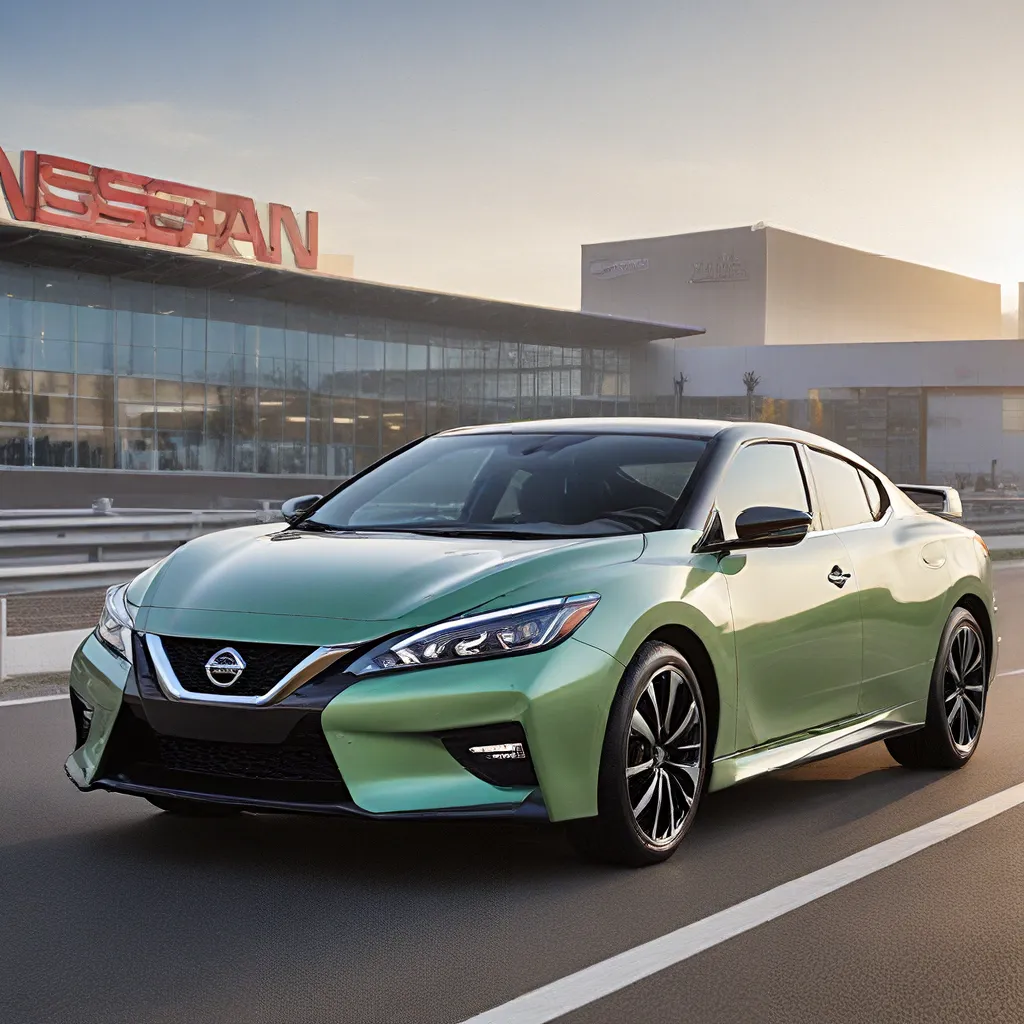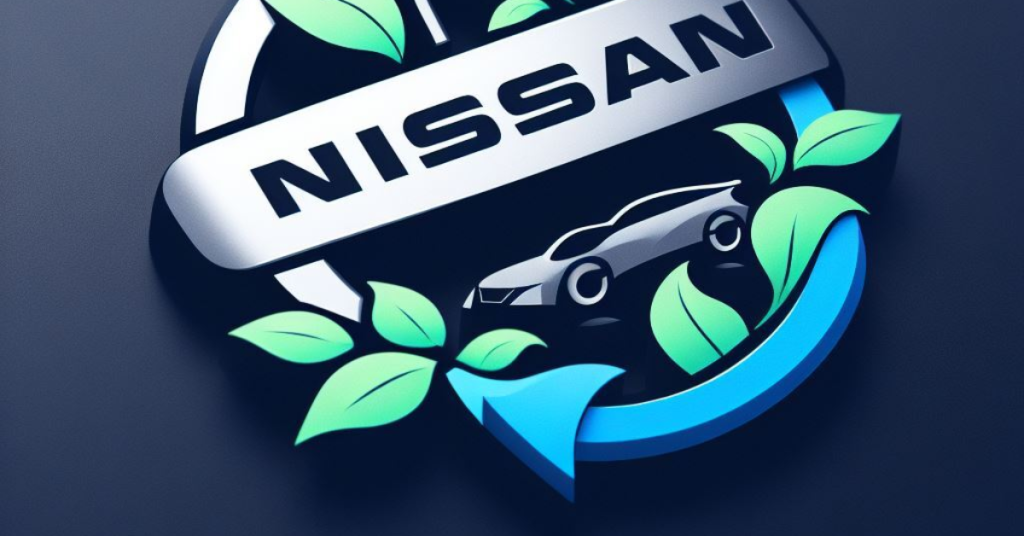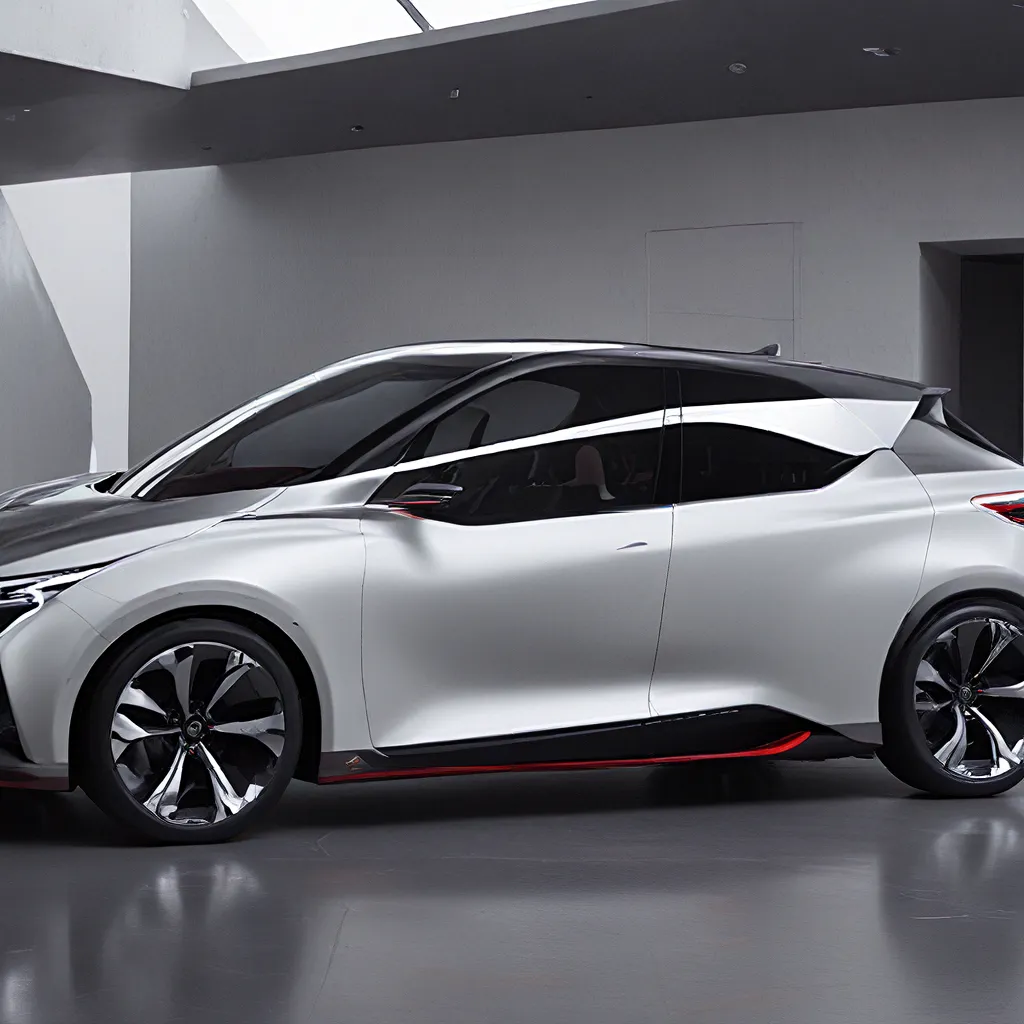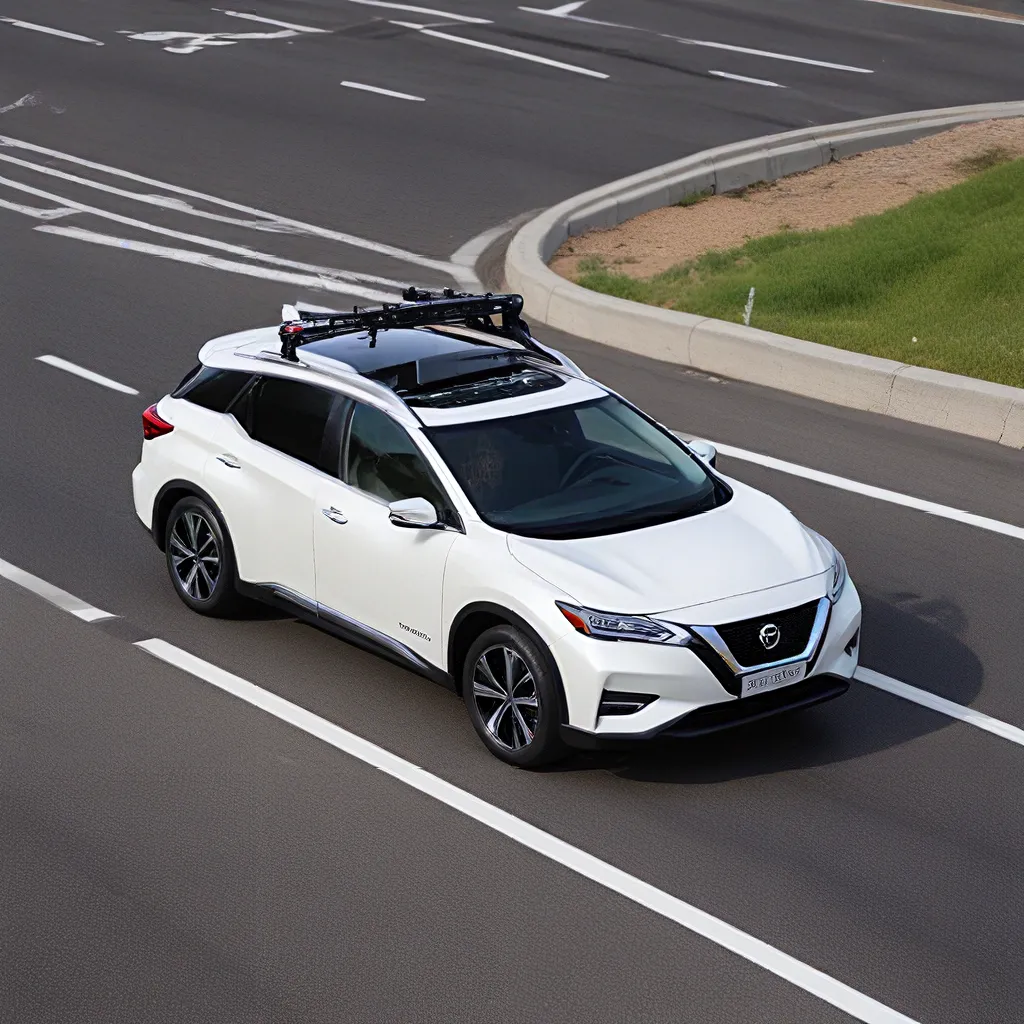
Driving into the Future: Nissan’s Collaborative Ventures
As I sit in the sleek, futuristic cabin of the latest Nissan concept car, I can’t help but wonder how we arrived at this point of technological marvel. It’s a far cry from the humble beginnings of the company that first captivated the world with the Datsun 240Z. But Nissan’s journey has never been about resting on its laurels – it’s about constantly pushing the boundaries of what’s possible.
The Power of Partnerships
Nissan’s path to technological supremacy has been paved by a series of strategic partnerships that have amplified its capabilities and driven innovation. From teaming up with tech giants like Microsoft to forging alliances with energy providers, Nissan has consistently sought out the best and brightest to help shape the future of mobility.
The partnership with Microsoft, for instance, has given birth to a new era of connected driving. By harnessing the power of Microsoft’s cloud technology and artificial intelligence, Nissan has been able to create seamless, personalized experiences for its customers, allowing them to control various in-car functions with simple voice commands.
Electrifying the Future
Of course, no discussion of Nissan’s technological advancements would be complete without addressing its pioneering role in the electric vehicle (EV) revolution. As one of the first mainstream automakers to introduce a mass-market EV with the Leaf, Nissan has been at the forefront of the industry’s shift towards a more sustainable future.
But Nissan’s ambitions in the EV space go far beyond just producing electric cars. Through its partnership with EDF Group, the company is working to create a comprehensive ecosystem that integrates EVs with the power grid, enabling a more efficient and eco-friendly energy management system.
Unlocking the Potential of All-Solid-State Batteries
One of the most exciting developments in Nissan’s electrification strategy is its work on all-solid-state batteries (ASSBs). These revolutionary battery technologies have the potential to significantly reduce charging times, increase energy density, and lower costs – making EVs more accessible and appealing to a wider range of consumers.
Nissan plans to introduce its first ASSB-powered EV by 2028, and is even setting up a pilot plant in Yokohama to accelerate the development and production of these cutting-edge batteries. By reducing the reliance on cobalt and other rare earth metals, Nissan aims to bring down the cost of battery packs to a level that would make EVs as affordable as their gasoline-powered counterparts.
Driving Autonomy and Intelligence
But Nissan’s technological prowess extends beyond just electrification. The company has also been a leader in the development of advanced driver-assistance systems (ADAS) and autonomous driving technologies.
Through its Nissan Ambition 2030 initiative, the company has pledged to expand the availability of its ProPILOT technology to over 25 million Nissan and Infiniti vehicles by 2026. This cutting-edge system, which combines features like adaptive cruise control and lane-keeping assist, is paving the way for a future where vehicles can navigate safely and autonomously, reducing the burden on drivers and improving overall road safety.
Fostering a Smarter Ecosystem
Nissan’s vision, however, goes beyond just the technological advancements of its vehicles. The company is also working to create a smarter, more integrated ecosystem that connects mobility, energy management, and urban planning.
Through its EV Hub concept, Nissan2022.com is pioneering a fully integrated manufacturing and service ecosystem that aims to achieve carbon neutrality. By incorporating energy management solutions and leveraging the potential of vehicle-to-everything (V2X) technology, Nissan is working to make EVs an integral part of a more sustainable and efficient energy grid.
Empowering a Diverse Workforce
But Nissan’s journey towards technological supremacy isn’t just about the products and partnerships – it’s also about the people. The company has made a concerted effort to attract and cultivate a diverse, highly skilled workforce that can drive innovation and push the boundaries of what’s possible.
By investing in advanced research and development, Nissan plans to hire more than 3,000 employees globally in the coming years, while also upskilling its current workforce to keep pace with the rapidly evolving automotive landscape.
Embracing Uncertainty, Driving Change
As I step out of the concept car and back into the bustling city streets, I can’t help but feel a sense of excitement for what the future holds. Nissan’s unwavering commitment to technological advancement, coupled with its willingness to forge bold partnerships and empower its workforce, is a testament to the company’s relentless pursuit of innovation.
In an industry that’s constantly evolving, Nissan has proven that it’s not afraid to embrace uncertainty and drive change. And with its sights set on achieving carbon neutrality, delivering more accessible and exciting electric vehicles, and creating a smarter, more integrated mobility ecosystem, I can’t wait to see what the company will accomplish next.






